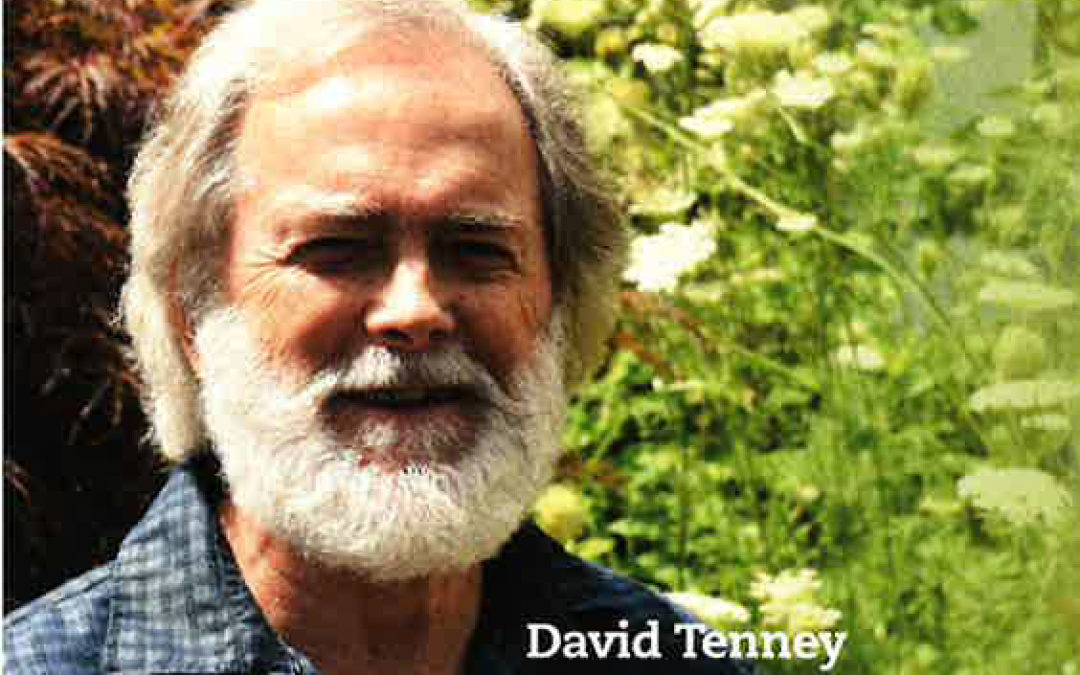If you were alive in 1978, you might recall that Jimmy Carter lived in the White House, that a pound of Land O Lakes butter cost $1.33 and a dozen eggs were 48 cents, or that the average house in the US would cost you about $54,000. Back then, the popular TV shows were “Happy Days” and “Little House on the Prairie” and hits like “Grease” and “Close Encounters” were in theaters. Where were you then?
David Tenney Ph.D was embarking on a four decade long career with Monad- nock Family Services. Today, this anchor and exemplar of our service to our Region is still working, teaching, contributing and growing.
Following his days as an intern, Dave became the first MFS Emergency Clinician in 1979 and has been the Department Director since 2000. He’s fulfilled many critical roles pertaining to the State’s Disaster Behavioral Health Team and critical incident management. He is an invaluable member of the MFS Senior Leadership Team.
The start of his career in community mental health was far simpler than it is today. “I believed in President Kennedy’s vision for a comprehensive mental health care for all and wanted to do my part to facilitate that,” says Tenney, reflecting on what has kept him going all these years. A man of compassion and dedication, he states that “I have always valued the role of compassionate love and held a desire to serve the Universal Spirit within everyone by extending that love to all to the best of my ability.”
That deep value found a scholarly foundation as Dave earned his Doctoral degree in 2013. “I consider my studies on love-based psychotherapy as the most important area of learning in my career,” he explains. “It’s the most essential element of psychotherapy and for facilitating optimal wellbeing; it has informed all aspects of my work here.”
In his Doctoral Dissertation, counselor Tenney defined what this means: “Love-based therapy is guided by the principle, power, and presence of a compassionate and benevolent intention to foster the client’s fullest well-being… ”
In his leadership role running the MFS’s regional mental health emergency service team, Dave and his staff have seen people face horrific psychological challenges and crises. Urgent, often overwhelming emotional distress can sometimes be fatal unless the necessary supports and interventions can reverse the powerful down- ward spiral. This is what Dave has done for decades and continues to do today.
“People are doing the best that they know how,” he says. “Sometimes, it takes a turning point in their life in the form of a crisis to realize there may be a better way. People are more able to make positive change once they have a greater acceptance of who they already are.”
He is quick to tell you how, over the arc of his career, the idealistic vision that launched the community mental health movement has given way to the business of health care and the steady decline of resources and the services they created. Still, the human spirit and it’s inclination to health remains as strong as ever. Oftentimes, it takes the support, dedication and compassion from professionals like Dave to make it flourish.


Recent Comments